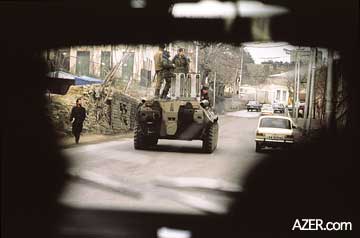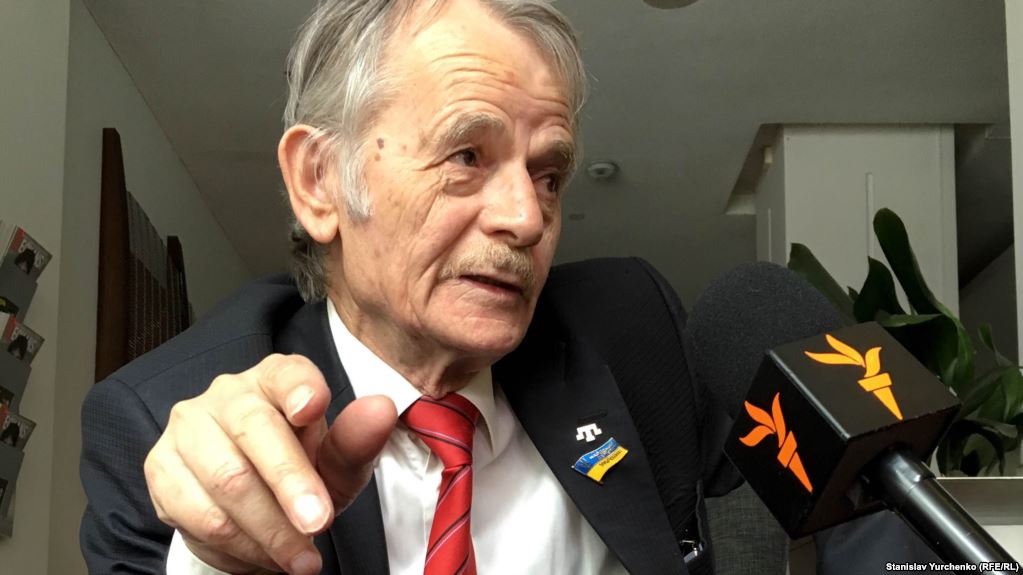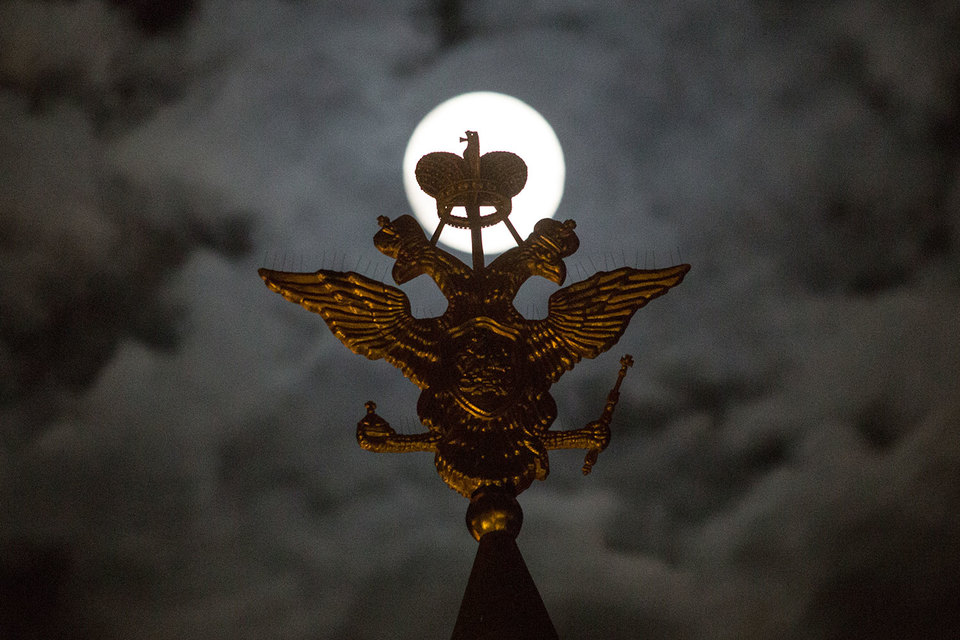Both Poland and Ukraine are at a very important moment of their histories.
Poland is on the proper road to a successfully completed transition, but the risk of deep regression still exists, first of all, due to growing anti-democratic moods in Polish society.
Ukraine fights for its right to establish a full democracy and gain full independence with the help of the most important „capital” its society – the young generations of the Orange revolution and Euromaidan, who praise democracy and are thought to be able to implement crucial reforms.
But lately, we have been observing tensions in Polish-Ukrainians relations due to improper manipulations of our difficult history.
The western observers who know only our difficult past even predicted open conflicts between our nations similar to the dreadful events in Yugoslavia. But after 25 years of Ukraine’s independence, our relationship is at the best in our history. Polish support for Ukraine is unquestioned, as is Ukraine’s sympathy to Poland.
Now, the nightmare of the past seems to be back. I don’t think that history is unimportant. They are many black cards in our relations. We need an honest discussion where both sides are ready to confess their faults. The contemporary formula of „who was worse should be replaced by the formula of Polish-German relations, „we forgive and ask for forgiveness.” To build a better future, comprehending history is important, and we need a dialogue and fair discussions from both sides.
Also, we have great capital in contemporary relations, which must be used. The Ukrainians’ approach to Poland is better than ever. What delights me is the desire of Ukrainians to learn Polish, because they want to know the language of the nation which is so well perceived in their country. Many people in Ukraine are interested in Polish culture and history. The Polish support for both revolutions is very praised Ukraine. As well, many Polish people support Ukraine, and also are interested in our common history and common modernity. Lviv is now not the city which divides, but rather connects: Poles visit it to not only pursue historical sentiments but are also driven by their sympathy to contemporary Ukraine and their citizens.
But on both sides there exist politicians who aim to use history for their own political capital, to the detriment of our reconciliation. The only way to facilitate historical dialogue is for Poland to reconsider its approach to the heritage of its former Kresy region which contained territories of modern western Ukraine, Belarus, and Lithuania. For Ukrainians, it would be useful to develop the ability to condemn the dark sides of the Ukrainian insurgent army in the history of the Second World War without denying the positive sides of the independence fighting.
We need to find common ground not only in the face of danger from Russia. To be fair, a friendship only „against Russia” can be dangerous for the future of our relations. Poland should always support Ukraine against Putin’s regime, but also we should aim to build a better Eastern Europe.
The end of the 80’s was the time of dialogue between Poland’s Solidarity, Ukrainian dissidents from Rukh and the „new Russia being born in the perestroika time.” Now the Russia of Lilia Shevtsova or Andrey Sakharov seems to not exist.
Now Polish people who support Ukraine on the path to a functioning democracy believe that Ukraine should not exactly copy the Polish success, but also avoid Polish mistakes.
Facing history may be difficult and for many people in our countries it will be painful. But now in the time of the global crisis of values and democracy, in the time of growing nationalism and cynicism, we have a unique chance of successfully following the examples of German-French, German-Jewish, or German-Polish reconciliation. Ukrainians people proved during the „revolution of dignity” that they believe in European values despite their unpopularity in the contemporary world.
If we can build the future based on these values, even the scariest facts from history can’t divide us.








